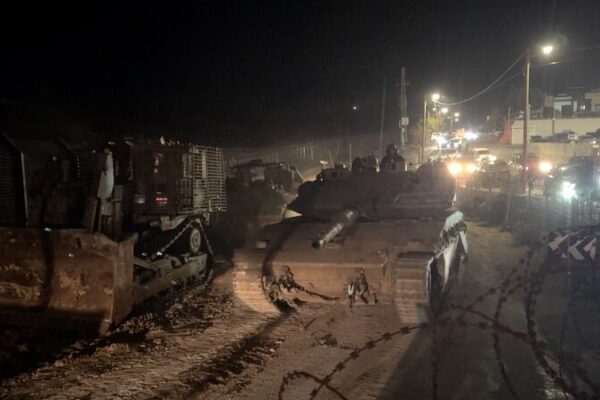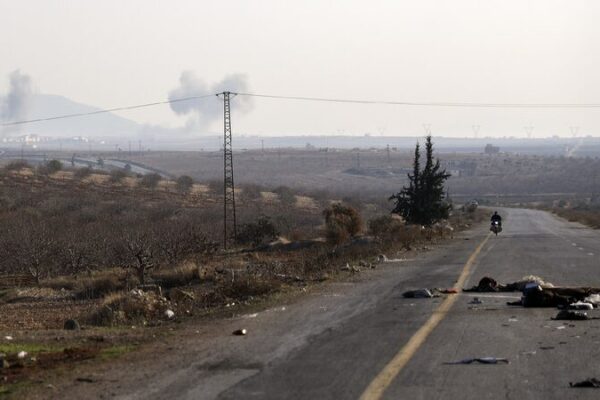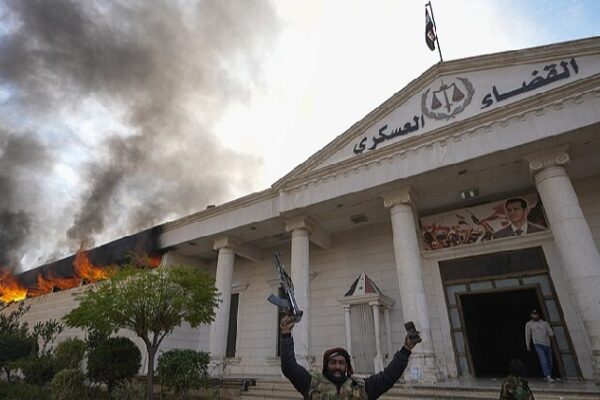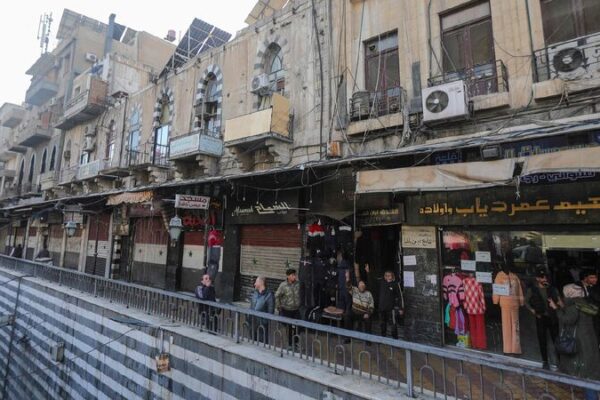Syrians woke up on Monday to a nation in turmoil as President Bashar al-Assad reportedly resigned and sought asylum in Russia following a sudden collapse of his government. The upheaval comes after a swift and aggressive offensive by militant groups led by Hayat Tahrir al-Sham (HTS), which captured the capital Damascus in just 12 days.
Rapid Offensive Sweeps the Nation
The militant groups launched their offensive from northern Syria on November 27, catching the government off guard. In a matter of days, they seized key territories, including the central province of Hama and the strategic city of Homs, only 160 kilometers north of Damascus. The fall of Homs effectively cut off the capital from the coastal regions.
By Sunday morning, fighters had entered Damascus. State television broadcasted images of them moving through the city’s streets and inside the presidential palace. Shortly after, Prime Minister Mohammad Ghazi Al-Jallali expressed his willingness to cooperate with any leadership chosen by the Syrian people.
Calls for Stability Amid Uncertainty
HTS leader Ahmed Al-Sharaa, also known as Abu Mohammad Al-Julani, stated that Al-Jallali would oversee public institutions until an official transfer of authority is completed. “We extend our hands to every Syrian committed to safeguarding the country’s resources,” Al-Jallali said in a televised address. “Syria belongs to all Syrians, and I urge everyone to think rationally about the nation’s best interests.”
Despite calls for a peaceful transition, analysts warn of an uncertain future. “There are numerous militant groups within Syria, each with their own political agendas,” noted Ding Long, a Middle East expert at Shanghai International Studies University. “Disagreements and conflicts among them could lead to renewed turmoil.”
International Reactions and Concerns
Countries in the region and beyond are watching the developments closely. Turkish Foreign Minister Hakan Fidan emphasized the need to prevent extremist groups from exploiting the situation. “We have to be watchful during this transition period,” he said. Egyptian Foreign Minister Badr Abdelatty echoed these sentiments, underscoring the importance of preventing the spread of terrorism in Syria.
The Iranian Foreign Ministry called for an end to military conflicts and the initiation of national talks to form an inclusive government representing all Syrians. Meanwhile, the Chinese Foreign Ministry urged all parties to act in the fundamental interests of the Syrian people and find a political solution to restore stability as soon as possible.
A Turning Point for the Middle East
The abrupt collapse of al-Assad’s government marks a significant turning point not only for Syria but also for the Middle East. “The situation in Syria is at a critical juncture,” said Gao Zhikai, vice president of the Center for China and Globalization. “The prospects are unclear, and this may escalate tensions in the region.”
As the world watches, Syrians face an uncertain path ahead. The hope for many is that a peaceful and inclusive transition will pave the way for lasting stability after years of conflict.
Reference(s):
Syrian government collapses in sudden upheaval with uncertain future
cgtn.com








